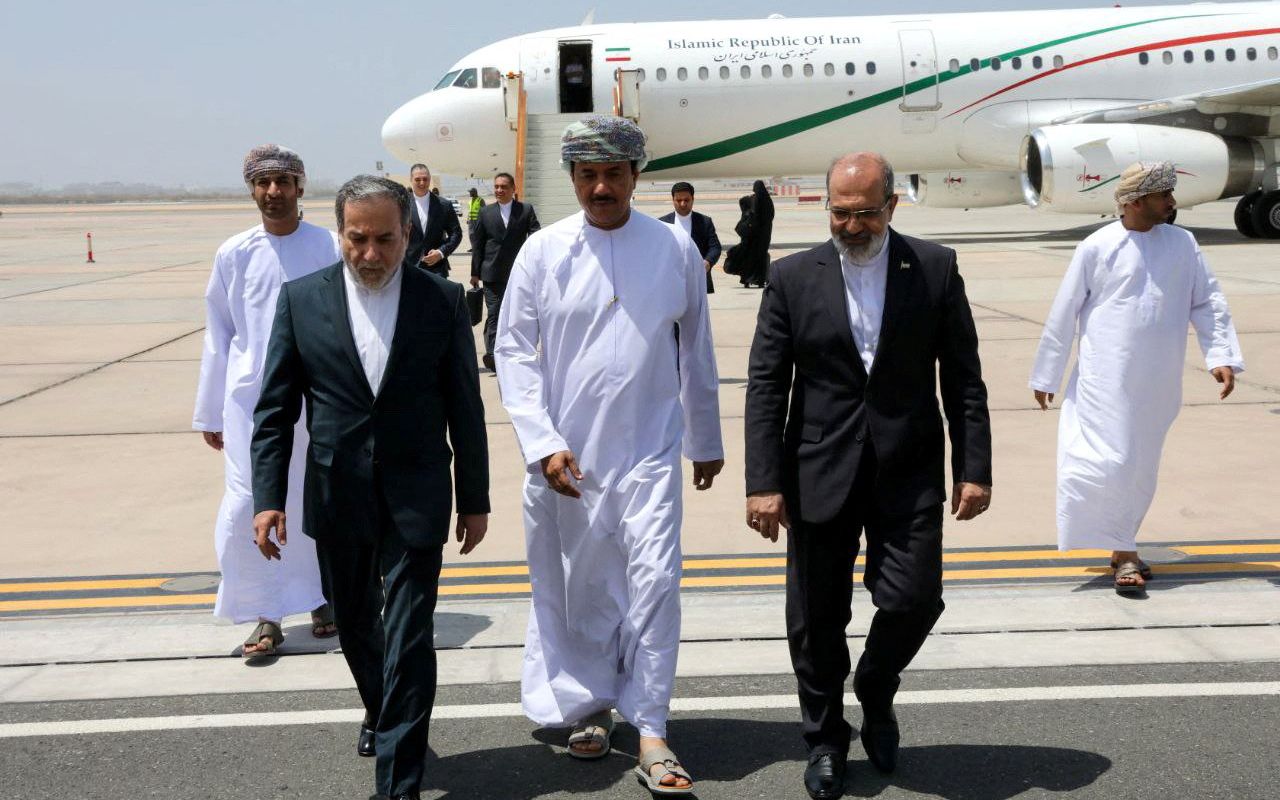The fourth round of nuclear talks between Iran and the United States concluded Sunday in Muscat, Oman after a one-week delay. Many observers saw the postponement as a result of the Trump administration’s contradictory approach and lack of a clear endgame.
Just two days before the talks, U.S. envoy Steve Witkoff gave an interview to Breitbart, seeming to suggest “zero enrichment” as the administration’s red line and calling for the dismantlement of Iran’s core nuclear facilities. This maximalist stance stood in contrast with more measured comments by President Trump, who recently said the United States had "not yet decided" whether Iran could retain a civilian nuclear program. Vice President J.D. Vance struck a similarly ambiguous tone at a recent conference in Europe.
These conflicting messages have added to the uncertainty surrounding Washington’s true objectives and raised questions about whether it seeks a viable diplomatic outcome or is preparing for confrontation.
Meanwhile, ahead of Sunday’s talks, Iran’s Foreign Minister Abbas Araghchi reaffirmed that uranium enrichment is a national red line. He cited the blood of Iranian scientists as the price paid for this right, and warned that the contradictory messages from Washington — one message inside the negotiating room and another in public — are undermining trust.
Regional dynamics are also complicating the path forward. Trump’s push for a negotiated outcome is increasingly at odds with Israeli Prime Minister Netanyahu, who is continuing to advocate for military strikes. Israel sees any deal that allows Iran to retain enrichment capabilities as a strategic defeat.
At the same time, Trump is preparing for a high-stakes trip to the Arabian Peninsula, where he hopes to secure investment deals with countries like Saudi Arabia and the UAE. These governments have made clear their desire to develop civilian nuclear programs. If the United States recognizes Iran’s right to enrichment, it may find itself in the uncomfortable position of denying that same right to its Arab partners. In this context, the administration’s hardline rhetoric ahead of the Muscat talks may have been aimed not only at Tehran, but also at Riyadh and Abu Dhabi.
The result is a negotiating approach that appears reactive and shaped more by political optics than strategic clarity. The Muscat talks may have kept diplomacy alive for now, but without a coherent and realistic endgame from Washington, the chances for a lasting agreement will diminish.

















